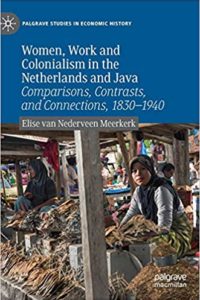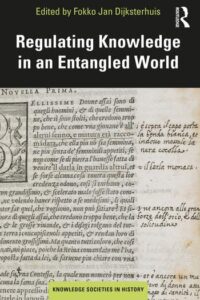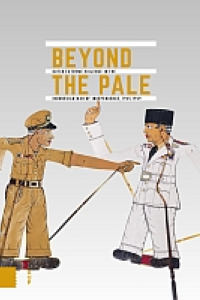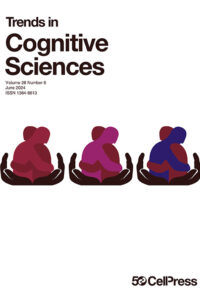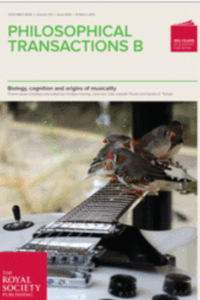About the book
Recent postcolonial studies have stressed the importance of the mutual influences of colonialism on both colony and metropole. This book studies such colonial entanglements and their effects by focusing on developments in household labour in the Dutch Empire in the period 1830-1940. The changing role of households’, and particularly women’s, economic activities in the Netherlands and Java, one of the most important Dutch colonies, forms an excellent case study to help understand the connections and disparities between colony and metropole.
The author contends that colonial entanglements certainly existed, and influenced developments in women’s economic role to an extent, both in Java and the Netherlands. However, during the nineteenth century, more and more distinctions in the visions and policies towards Dutch working class and Javanese peasant households emerged. Accordingly, a more sophisticated framework is needed to explain how and why such connections were – both intentionally and unintentionally – severed over time.
Get the book from Athenaeum Booksellers, Amsterdam’s largest independent bookstore.
Reviews
‘This book makes an important contribution to the history of household labour relations in two contrasting societies. It deserves a wide readership.’
—Anne Booth, SOAS University of London, UK
‘By exploring how colonialism affected women’s work in the Dutch Empire this carefully researched book urges us to rethink the momentous implications of colonial exploitation on gender roles both in periphery and metropolis.’
—Ulbe Bosma, the Free University of Amsterdam, the Netherlands
‘In this exciting and original book, Elise van Nederveen Meerkerk exposes how colonial connections helped determine the status and position of women in both the Netherlands and Java. The effects of these connections continue to shape women’s lives in both colony and metropole today.’
—Jane Humphries, University of Oxford, UK
About the author
Elise van Nederveen Meerkerk is an economic and social historian specialized in the history of labour relations, notably women’s and children’s work. In 2007, she obtained her PhD in Economic and Social History, on women’s work in the early modern Dutch Republic. Elise published in several leading economic and social history journals, such as the Economic History Review, Feminist Economics, and the International Review of Social History. She has directed several comparative labour history projects, on the history of textile workers, child labour, domestic workers, and sex workers.
Currently, Elise works as Associate Professor at the Economic and Social History Department at Utrecht University, the Netherlands. Moreover, in June 2017, she was appointed special professor in the Comparative History of Gender, Work and Households at Radboud University Nijmegen. This special chair was enabled by the Unger van Brero fund.
